What is HACCP and HACCP Facility Certification
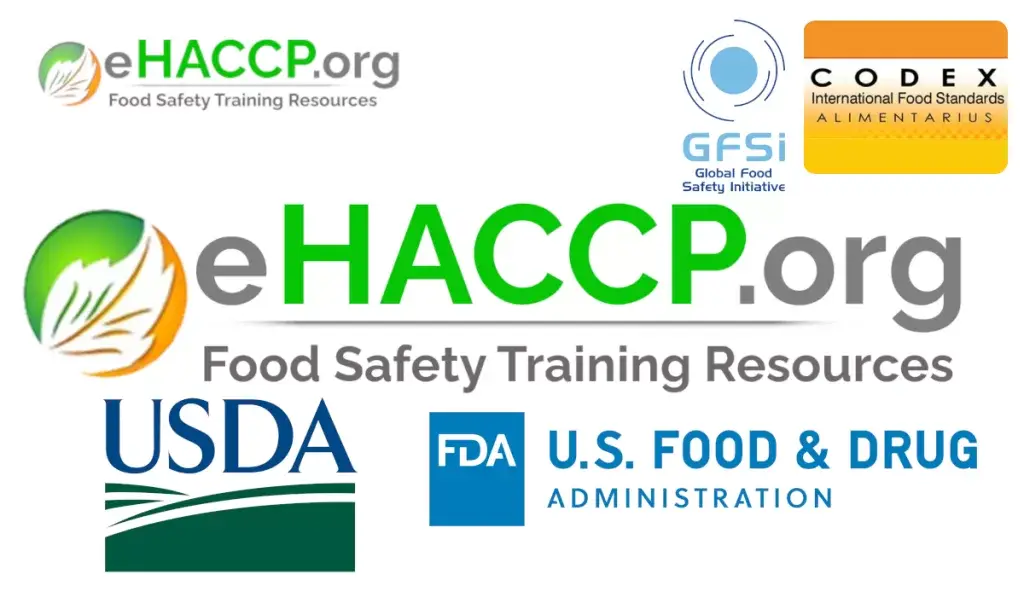
HACCP (Hazard Analysis and Critical Control Points) is a systematic preventive approach to food safety. It involves identifying, evaluating, and controlling hazards significant for food safety. The goal is to prevent food safety problems rather than just dealing with them after they occur. HACCP principles are: Conduct a hazard analysis. (1) Identify critical control points […]
Maintaining a Clean and Safe Kitchen: Strategies for Preventing Foodborne Threats
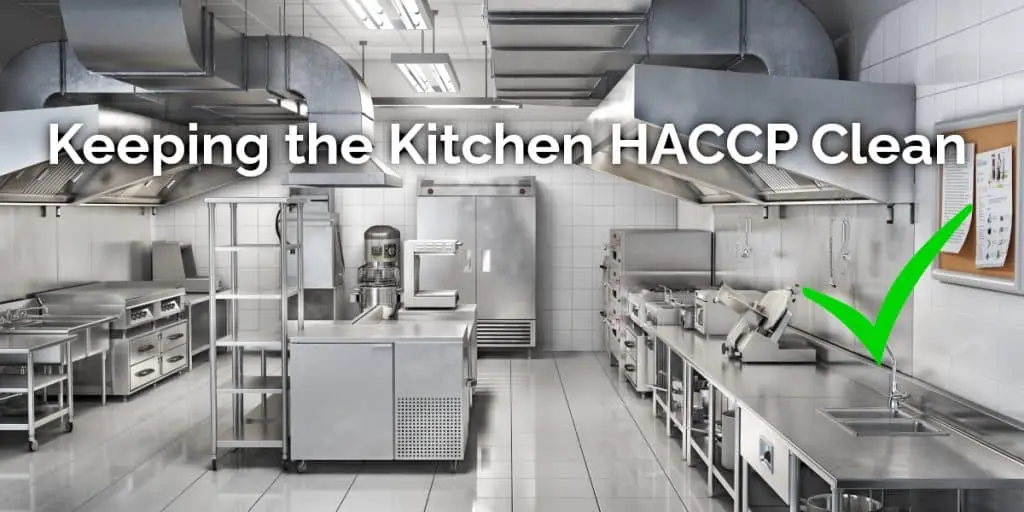
In a kitchen, ensuring cleanliness and safety is essential to prevent the occurrence of foodborne threats that can compromise the health of individuals. Proper cleaning and sanitation practices, along with adherence to personal hygiene standards, are key to maintaining a hygienic environment. In this essay, we will discuss effective methods to keep various kitchen components […]
Is HACCP a Law?

HACCP is not a federal law in the United States, but it is a mandatory requirement for certain food products that are regulated by the U.S. Department…
How to Create a HACCP Plan
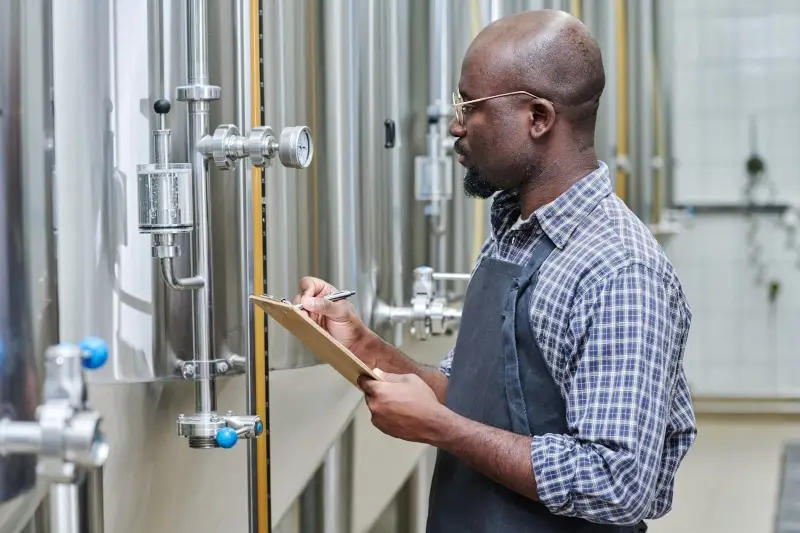
Conduct a hazard analysis: Identify potential physical, chemical, and biological hazards that could occur at each step of the food production or processing process.
Determine the critical control points (CCPs): These are points in the process where a hazard can be prevented, eliminated, or reduced to an acceptable level
How Did HACCP Come About?

In the 1970s, HACCP was introduced to the commercial food industry by the Pillsbury Company, and it was further developed by the National Aeronautics and Space Administration (NASA) and the U.S. Army. The system was first applied to the meat and poultry industry, but it quickly spread to other food industries such as seafood, juice, and dairy.
Primus GFS HACCP Training Requirements
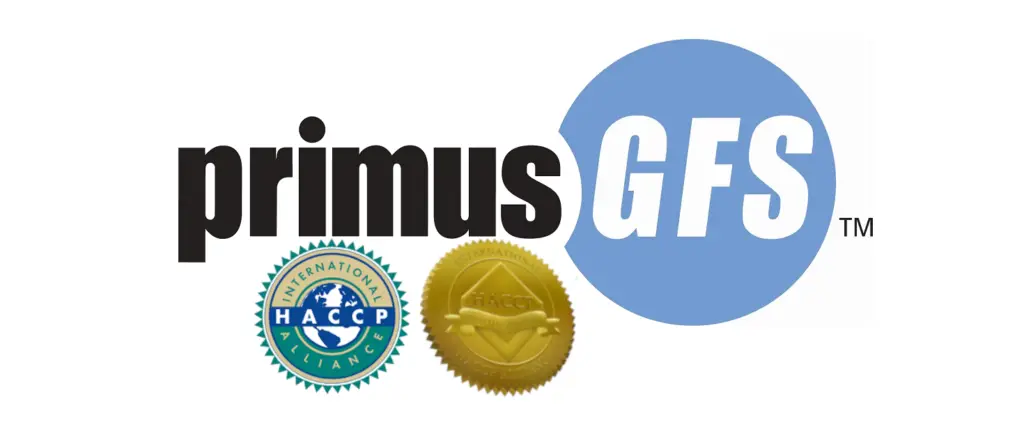
One member of the HACCP team, should have a certificate of a formal HACCP training from a recognized organization, institution or trainer with a minimum duration of 2 days or 16 hours, taken within the last 5 years. The rest of the team should have at least an internal training to make sure they are knowledgeable of the HACCP principles. These trainings should be documented.
What is PCQI Training?
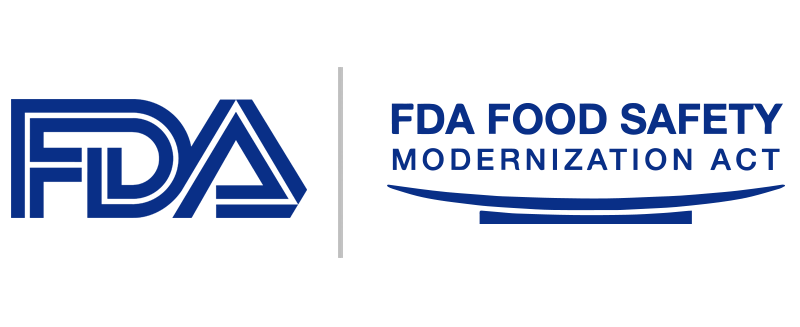
PCQI stands for Preventive Controls Qualified Individual. It is a training program designed to provide individuals with the knowledge and skills to develop and implement a food safety plan to comply with the U.S. Food and Drug Administration’s (FDA) Current Good Manufacturing Practices (cGMP) and Hazard Analysis and Risk-Based Preventive Controls (HARPC) requirements. The PCQI […]
What is HACCP Training?

HACCP (Hazard Analysis and Critical Control Points) is a food safety management system that helps ensure that food is prepared and handled in a safe and hygienic manner. HACCP training involves educating food industry workers on the principles and practices of HACCP and how to implement them in their workplace. This may include understanding how to identify and assess food safety hazards, implementing preventive controls to address those hazards, and establishing procedures for monitoring and verifying that the controls are effective. HACCP training is often required for food industry workers as a way to protect public health and prevent foodborne illness.
